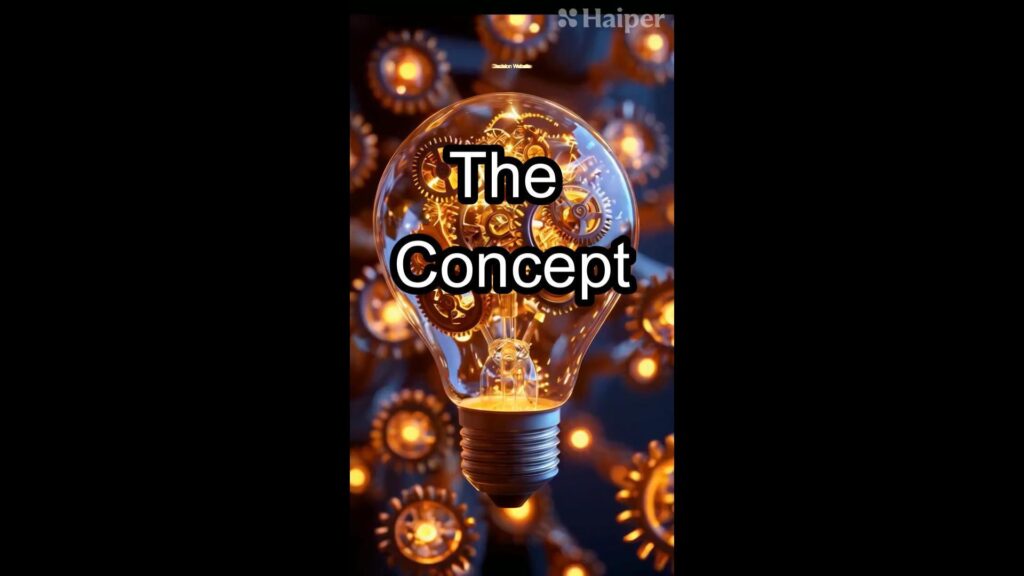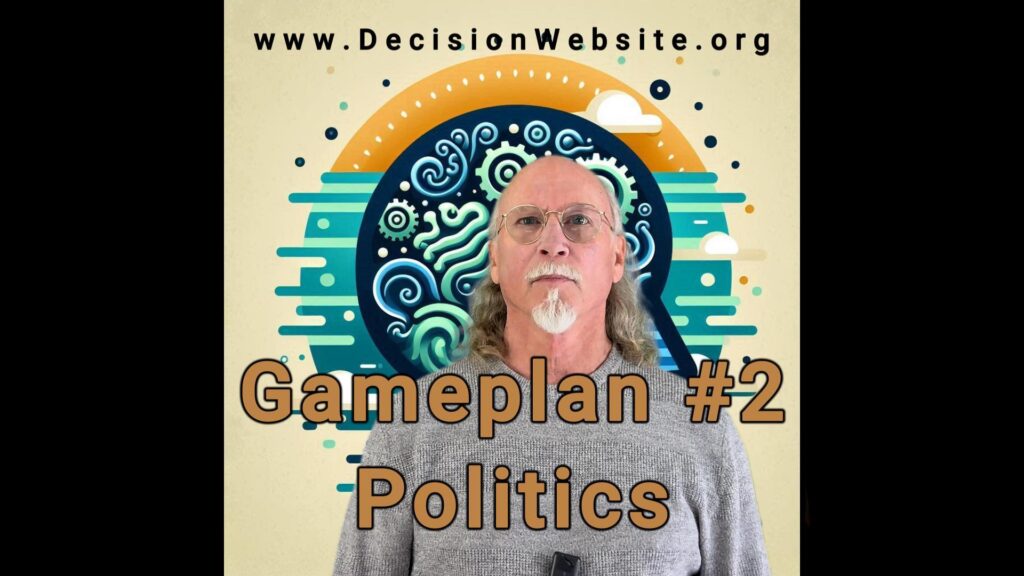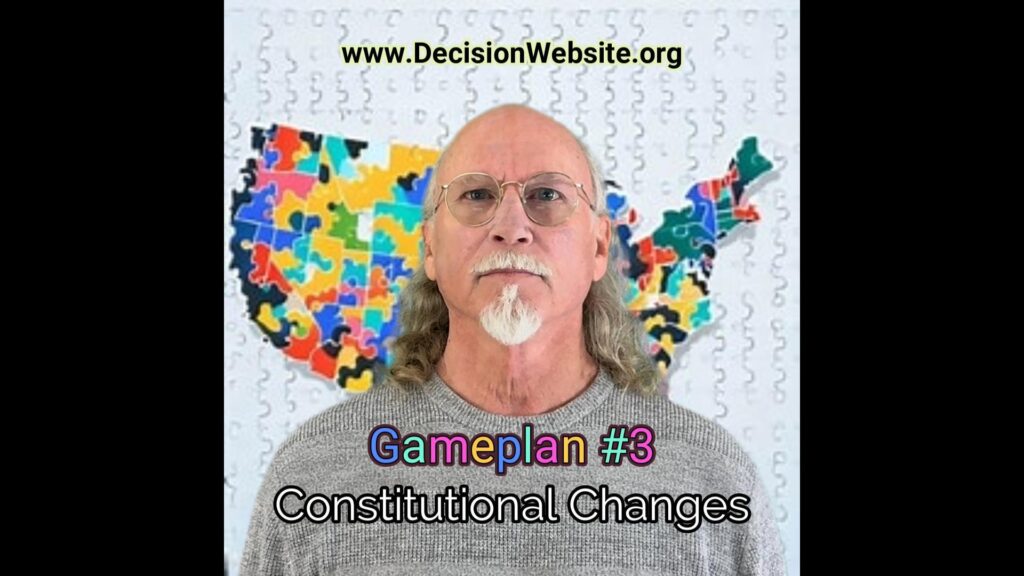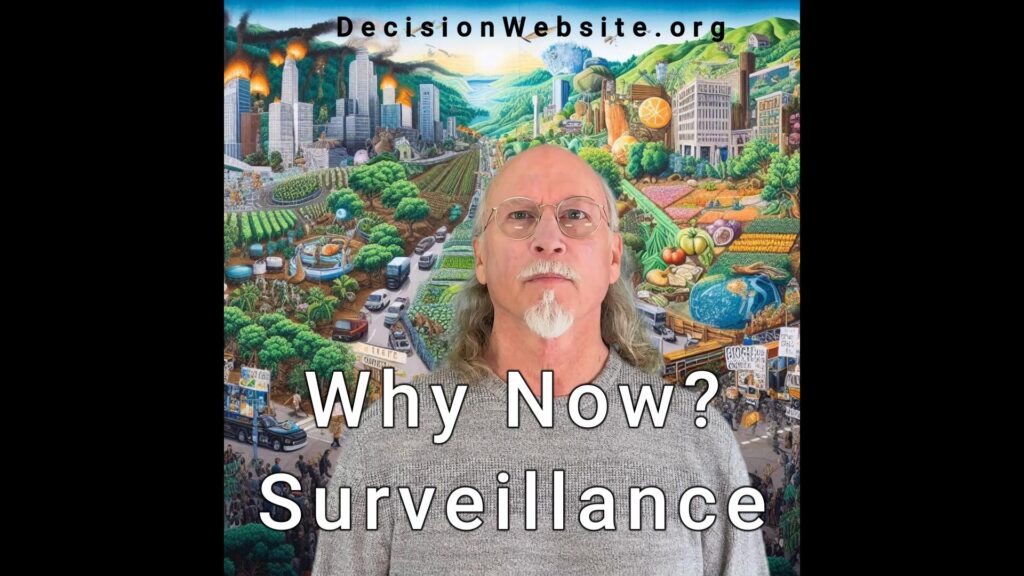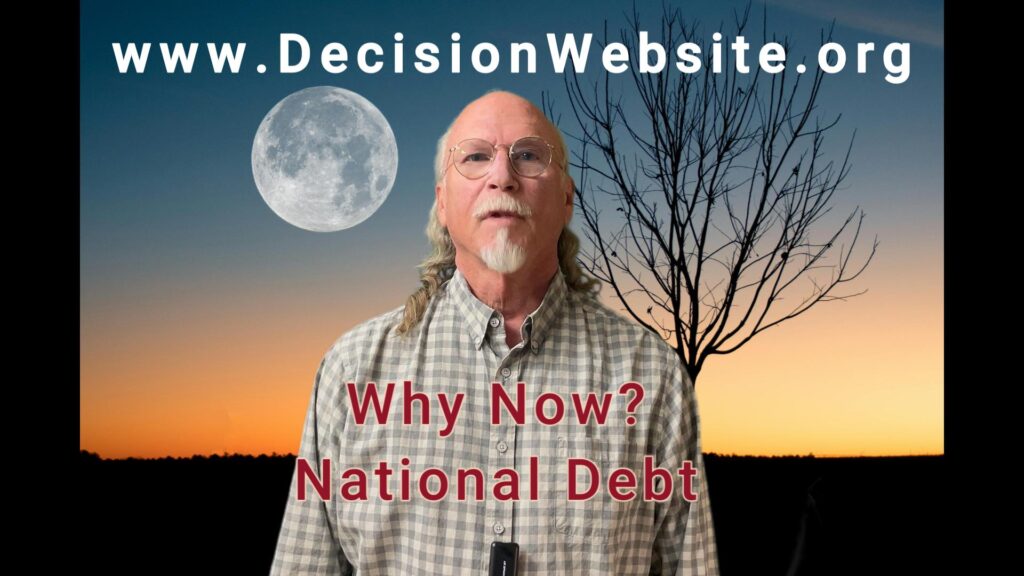More on State Initiatives
.
We might find it difficult to gain control of our state legislatures. Expect to see unprecedented campaign money in a state election. So we want to simultaneously follow other options that push our state legislatures into action and prevent them from thwarting our work.
.
What’s fortunate is that some states already allow for “Citizen Initiatives.” Citizen Initiatives allow the citizenry of a state to propose a state amendment or a law by getting sufficient petition signatures and then letting the state’s residents vote on that proposed amendment. This binding vote occurs during a general election.
.
Citizen’s initiatives and referendums were suggested early in our history by Jefferson, Madison, and others, as a way for the citizenry to be a balance of power. Referendums go back to the late 1700’s, while initiatives gained popularity around the turn of the 20th century.
.
18 states already allow citizen initiatives to amend their state constitution. 3 other states only allow a citizen’s initiative to create a law. 3 more states only allow a citizen referendum for non-binding proposals.
.
This is a start. We need to rally more states to adopt a citizen’s initiative amendment into their state’s constitution, thereby allowing citizens to have a voice in the state.
.
◆◆◆◆◆◆◆◆◆
.
So here’s how we can use citizen initiatives to help our process. We can add a state amendment to define how your state will select delegates to a constitutional convention, and to a ratifying convention.
.
Some states, like Vermont, already have such a clause in their constitution. The goal is to make delegate selection be from the citizenry, instead of from the state legislature (see New Mexico). We don’t want state legislatures thwarting our process.
.
If your state only allows citizen initiatives to make laws versus amendments, then we try to accomplish the same thing with a law. If your state only allows non-binding citizen referendums, then we at least tell that legislature what we want. We are exercising our voice.
.
When we are ready, we also use the referendum process to tell state legislatures that we want them to propose a constitutional convention for our array of amendments. This is non-binding, but adds pressure to our state politicians.
.
We could try to add a state constitution amendment stating that the legislature must abide by the referendum. However, this will likely fail in the courts, as it tends to undermine the legislature, which also undermines the intent of the US Constitution. See the Hawke v. Smith 1920 ruling by the Supreme Court. Still, some constitutional scholars might see an angle to try.
.
◆◆◆◆◆◆◆◆◆
.
We need to elect state legislators that promise adherence to our Decision Website. These candidate might be independents or in a third party. When we find state campaign laws, legislative rules, or other obstacles to our process, then citizen initiatives might be important to proactively fixing these impediments.
.
.
↑ TOP
